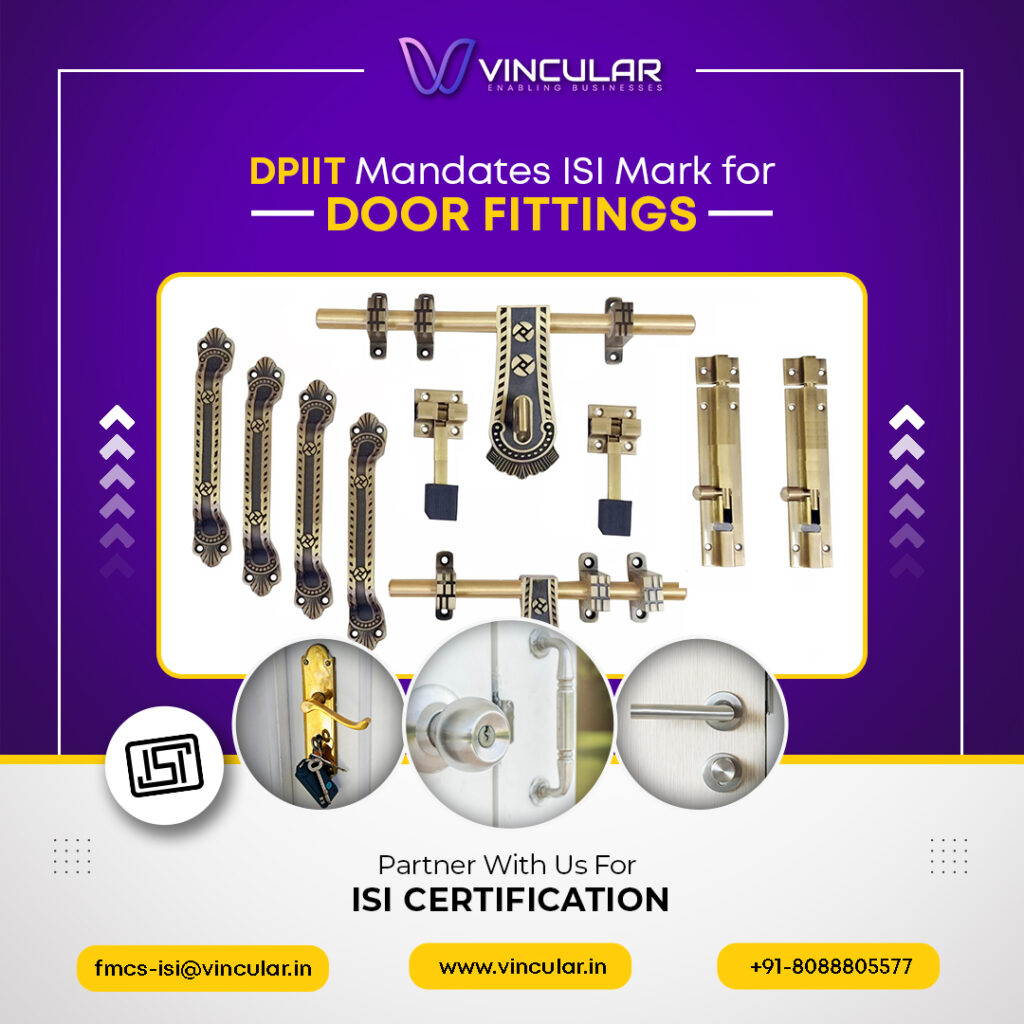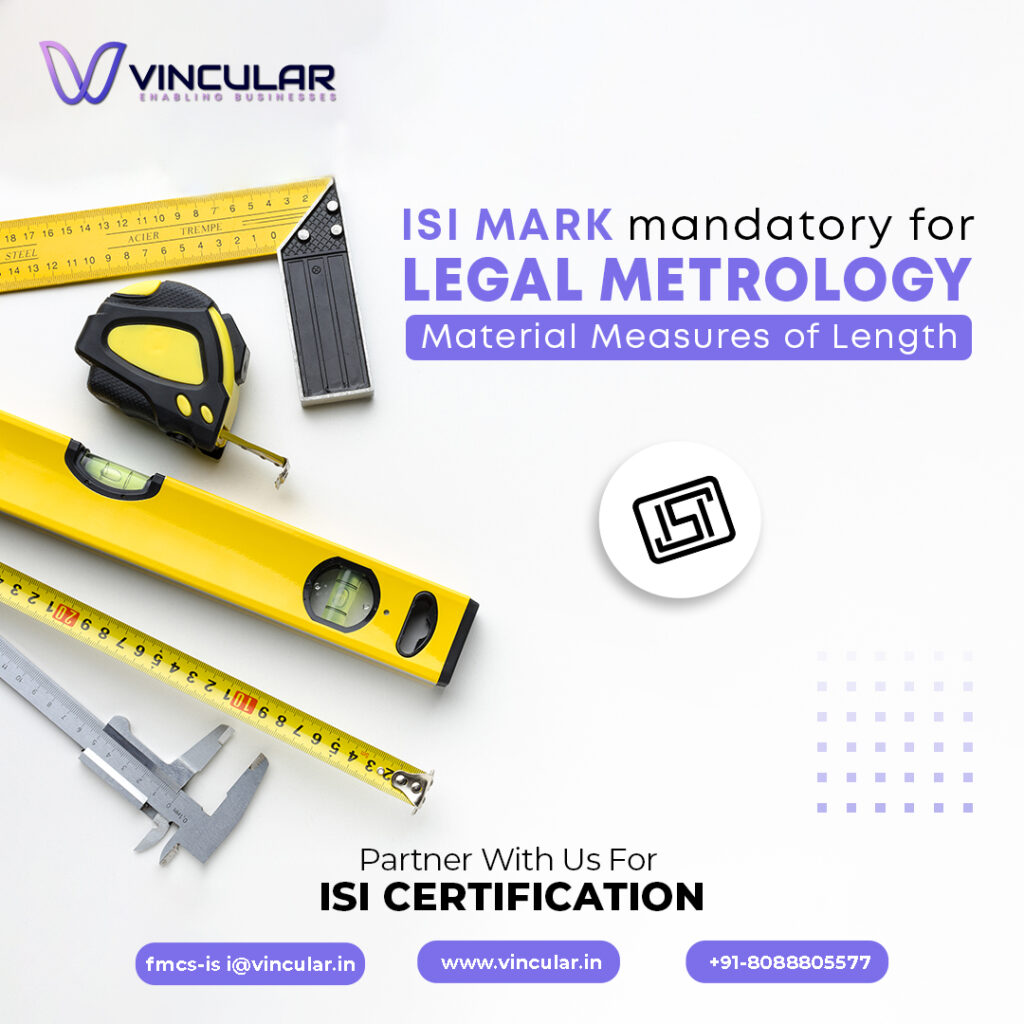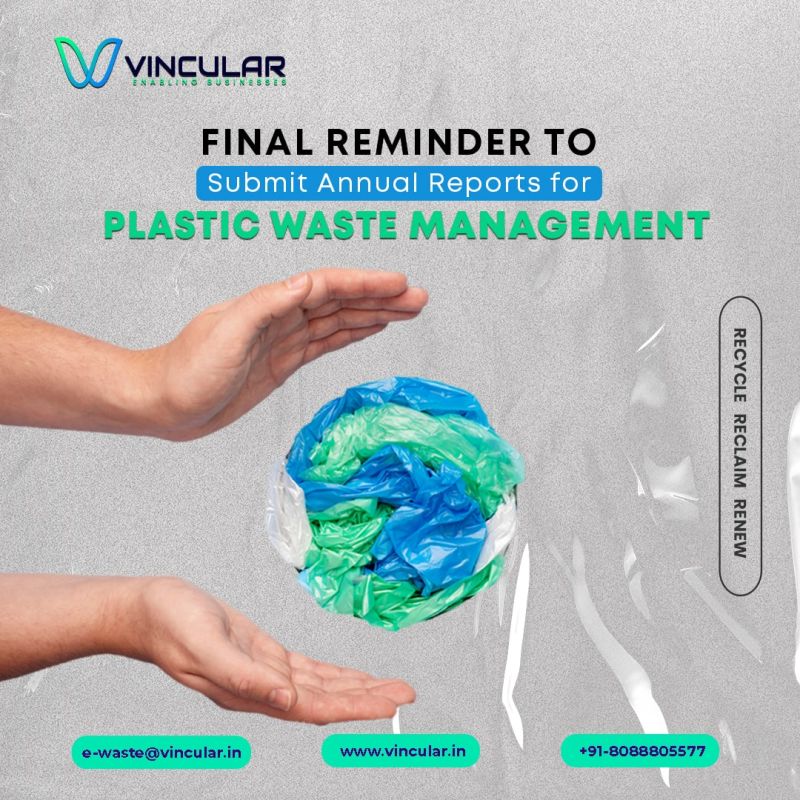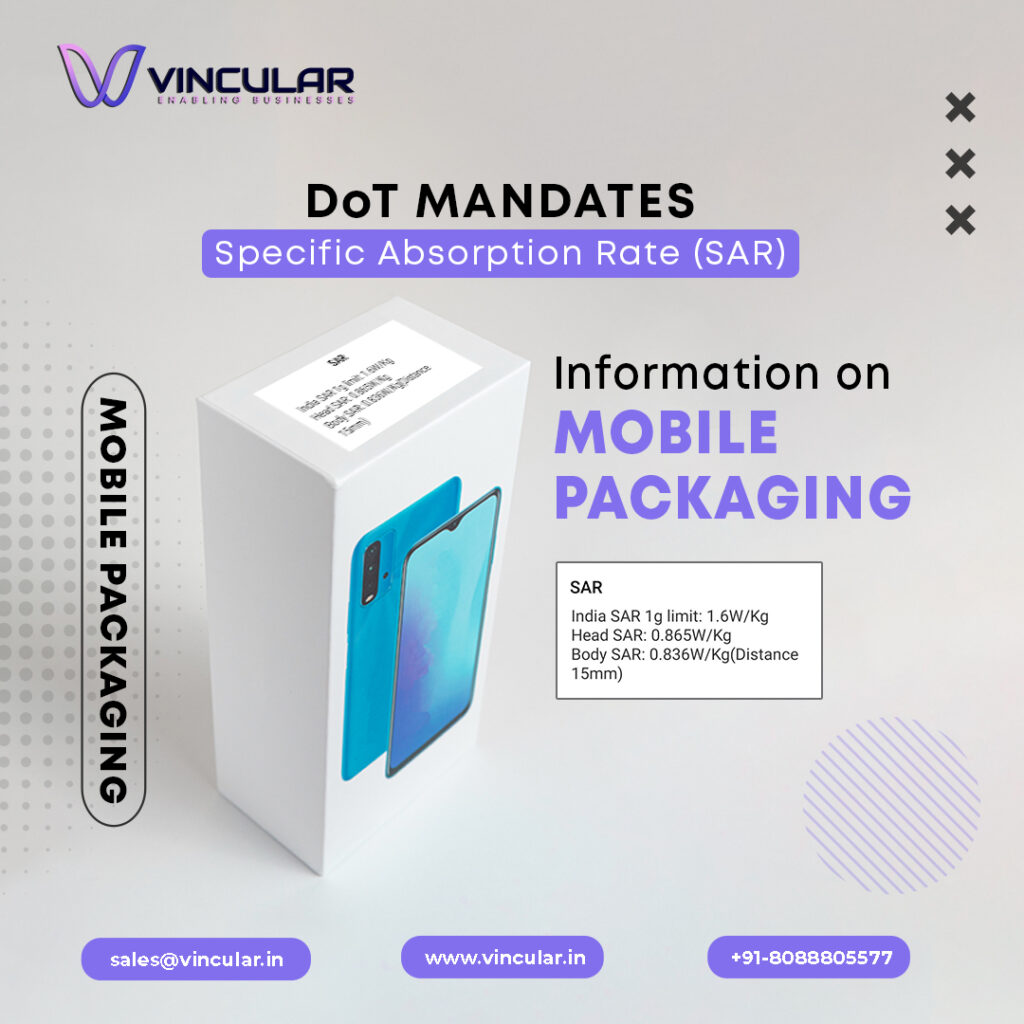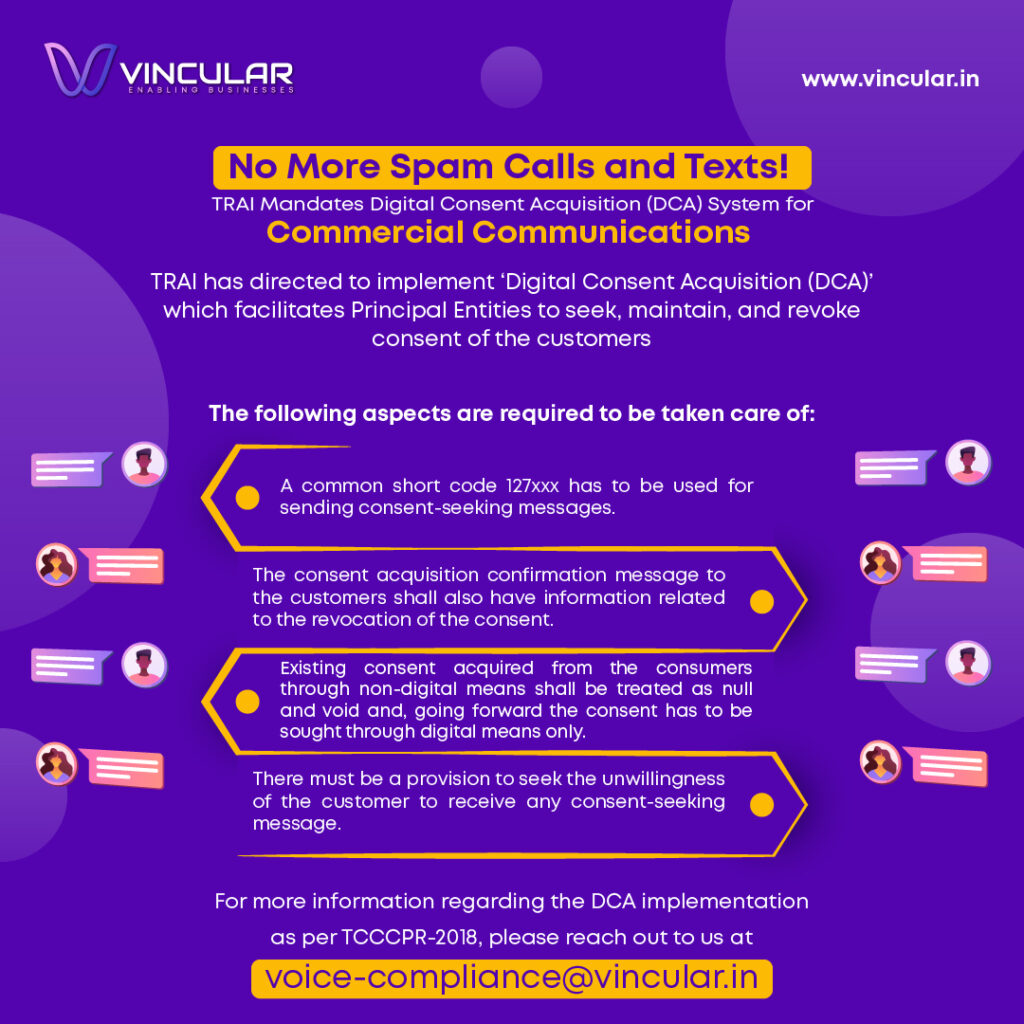
REGULATORY COMPLIANCE BULLETIN (Newsletter – November 2023)
BEE
Washing Machines Now Under Mandatory BEE S & L Scheme
The Bureau of Energy Efficiency (BEE) has recently issued a critical notification concerning Washing Machines. These key updates are essential for your attention:
- Starting from January 1st, 2024, BEE certification becomes mandatory for the manufacturing, import, sale, or trade of Washing Machines in India.
- A new energy performance rating table for Washing Machines will be in effect from January 1st, 2024, until December 31st, 2026.
- For models certified under the previous table that are valid until December 31st, 2023, a Model Degradation process must be initiated through the designated portal to adjust their star ratings.
- The portal link for the Model Degradation application is active and will remain accessible until December 31st, 2023. Post this date, all registered models will automatically expire on the portal and cannot be legally sold.
Standards and Labeling Program for Solar Photovoltaic Modules
The Bureau of Energy Efficiency (BEE) has launched the Standards and Labeling Program for Solar Photovoltaic Modules, aiming to reduce carbon emissions and promote renewable energy in India.
Here are the key points:
1. The program encompasses all sizes, capacities, and types of solar panels manufactured and imported in India for electricity generation, and similar use.
2. However, this excludes Concentrator Photovoltaic (CPV) Modules and Photovoltaic Thermal (PVT) hybrid solar collectors.
3. Label period will be 1st January2024 to 31st December 2025
4. Photovoltaic solar modules will initially operate under a voluntary regime until further notice.
5. Incentivizing the production of highly efficient solar panels, the respective department has waived off labelling fees for 4 and 5-star rated solar PV modules till 31st December 2025.
6. The S & L portal for submitting company and model registrations will be accessible from November 3, 2023.
The goal is to inform consumers about efficient solar panels and promote the adoption of high-quality, 100% Made in India solar PV modules.
BIS-ISI
DPIIT Mandates ISI Mark for Door Fittings
In a proactive move to enhance consumer safety and product quality, the Department for Promotion of Industry and Internal Trade (DPIIT) issued a Quality Control Order (QCO) on October 23, 2023. This order makes the ISI Mark mandatory for various types of door fittings which are as follows:
- Door closers for light doors weighing up to 40 kg
- Concealed-type Door Closers (hydraulically regulated)
- Hydraulically Regulated Door Closers
- Floor springs (hydraulically regulated) designed for heavy doors
- Rim Latches
- Door Handles
- Door handles for mortice locks (vertical type)
This order takes effect from April 23, 2024, precisely six months from the date of its publication in the Official Gazette.
The rollout dates for Small and Micro Enterprises (SMEs) are as follows:
- Small Enterprises: Effective from July 23, 2024
- Micro Enterprises: To be enforced from October 23, 2024
For further details, please refer to the official notification.
ISI Certification Mandatory for Steel Wires or Strands, Nylon or Wire Ropes, and Wire Mesh
The Department for Promotion of Industry and Internal Trade (DPIIT) made a significant announcement on November 21, 2023. A Quality Control Order was issued, declaring the mandatory requirement of the ISI Mark for Steel Wires or Strands, Nylon or Wire Ropes, and Wire Mesh.
As per the directive, the order will be officially placed after six months from its publication in the Official Gazette.
Implementation dates for Micro and Small Enterprises (MSEs) are:
- Small Enterprises: November 21, 2024.
- Micro Enterprises: August 21, 2024.
This directive aims to elevate quality standards and enhance product reliability within these industries. It signifies a concerted effort by the regulatory authorities to uphold stringent quality control measures for consumer safety and industry competitiveness.
ISI mandatory for Legal Metrology- Material Measures of Length
On November 21, 2023, a Quality Control Order was made mandating ISI Mark on Legal Metrology- Material Measures of Length such as woven metallic, glass fibre tape measures and steel tape measures.
As per the directive, the order will be officially enforced after six months from the date of its publication in the Official Gazette.
Implementation dates for Micro and Small Enterprises (MSEs) are:
- Small Enterprises: The requirement comes into effect from November 21, 2024.
- Micro Enterprises: Compliance becomes mandatory from August 21, 2024.
This directive aims to uphold stringent quality control measures for consumer safety and industry competitiveness.
ISI Certification Now Mandatory for Chains and Sprockets
On September 25, 2023, the Department of Promotion of Industry and Internal Trade (DPIIT) issued a vital order, mandating ISI Mark on Precision Roller and Bush Chains, along with attachments and associated chain sprockets. This directive comes into full effect on March 25, 2024.
The rollout dates for Small and Micro Enterprises (SMEs) are as follows:
- Small Enterprises: June 25, 2024
- Micro Enterprises: September 25, 2024
This significant step signifies DPIIT’s commitment to promoting industry standards and facilitating a more secure and reliable marketplace.
For more information, refer to the Official Order.
BIS-CRS
IS 1293: 2005 Withdrawn from BIS
As you may be aware, the Indian standard for plug and socket outlets, IS 1293: 2005, has been withdrawn by the Bureau of Indian Standards (BIS). The replacement for this standard, effective from October 23, 2023, is “IS 1293: 2019,” which aligns with IEC 60884-1: 2013.
Manufacturers must adhere to the specifications of the new standard and incorporate plug and socket outlets in their products by IS 1293: 2019. Failure to comply may result in BIS raising a query to update host product reports with the latest plug and socket outlet information.
Backlogs in approval:
As per the current scenario in the approval process, the applicants may witness a backlog in receiving the NOC and final approval. The NOC is required from the MeitY for BIS to grant an application. As of today, the timeline estimation is around 6-8 weeks or more due to some unforeseen situation.
We hope that in the coming days, the timeline will be better to favour the industry and ease of business.
Note: There is no official notification on the NOC from BIS or MeitY. This process is purely experience-based.
BIS strictness on the process:
As everyone may be aware BIS-CRS is a self-declaration scheme wherein the approval is given basis the provided supporting documents. Hence to make the process stronger to avoid any loopholes, BIS has started asking the applied product’s business scope in the Business License.
In this way, BIS makes sure that the applied product is being manufactured in the same location. Unlike the ISI scheme where the factory physical inspection is mandatory to verify the manufacturing facility, the CRS scheme has the relaxation of the physical audit.
Waste Management
Plastic Waste
Last Reminder to Submit your Annual Report and Procure EPR Certificates under PWM Rules
The Ministry of Environment, Forest and Climate Change (MoEF&CC) has issued a directive under Section 5 of the Environment (Protection) Act, 1986, requiring all registered producers, importers, and brand owners (PIBOs) of FY 2022-23 to file their annual reports on plastic packaging waste by November 30, 2023.
This notification serves as a final reminder to adhere to the stipulated deadline. This comes in response to a significant number of PIBOs failing to comply with the Plastic Waste Management (PWM) Rules, 2016, which mandate EPR for PIBOs. Failure to comply with the directive may result in penalties, suspension or cancellation of registration, and prohibition from carrying out plastic packaging-related business activities.
The MoEF&CC urges all PIBOs to adhere to the PWM Rules and file annual reports promptly to ensure effective plastic packaging waste management and environmental protection.
WPC
DoT Mandates Specific Absorption Rate (SAR) Information on Mobile Packaging
In continuation to the Department’s OM No. 18-10/2008-IP dated 25.01.2012 and 17.08.2012 regarding Specific Absorption Rate (SAR) value for mobile phones, the following revised guidelines are hereby notified:
- The information concerning SAR values and safety precautions should also be made available digitally through online means, such as online links, e-labels, QR codes, etc.
- Mobile manufacturers are required to monitor, for six months, the volume of customers accessing information through online channels. Subsequently, this data should be submitted to this Department for evaluation.
Based on the findings, a decision will be made regarding the possibility of solely digital or online display of SAR values and safety precautions.
Previous mandated guidelines by DoT
- The SAR value of each mobile phone must be conspicuously printed on its respective handset box.
- Each mobile handset box, including the mobile phone and its accessories, shall contain a booklet detailing the SAR value and essential safety precautions.
This revised version aims to maintain clarity while outlining the directives in a more organized manner.
PESO
Temporary Suspension of Approval Requirement for CNG/CBG Compressor Packages
Regarding recent communications from DPIIT, the Department of Drinking Water and Sanitation (DDWS), and the Ministry of Petroleum and Natural Gas, and in line with our Circular and memo dated 10/10/2023 & 06/11/2023, here’s an update:
Approval for CNG/CBG compressor packages used in gas cylinder filling and automotive fuel dispensing at licensed premises (FORM E&F and G) under the Rules is suspended until 31/07/2024, with conditions:
- All electrical components in the compressor must have the Chief Controller of Explosives approval, valid at the installation date.
- Before license issuance/amendment and during premise inspections, an undertaking confirming the use of the Chief Controller of Explosives-approved electrical components must be submitted.
This temporary suspension aims to streamline processes while ensuring safety standards for CNG/CBG compressor packages.
Access the official notification from here.
Voice Compliance
Digital Consent Acquisition (DCA)
The intrusion of spam calls and messages has become an ever-present challenge for mobile users.
Despite the several efforts made by the Telecom Regulatory Authority of India (TRAI) to address this issue, the persistent onslaught of spam calls and messages continues to be a prevalent concern for mobile consumers in the country.
In a recent announcement, TRAI has reinstructed businesses/ enterprises to obtain renewed and explicit consent from telecom consumers through digital means before sending any commercial or marketing messages. With the implementation of Digital Consent Acquisition (DCA) earlier this year, previous consents obtained through alternate methods will lose their validity. All the Principal Entities must now seek fresh consent exclusively through digital means.
As we navigate the evolving landscape of mobile communications, TRAI’s initiative to implement the Digital Consent Acquisition (DCA) facility seems to mark a significant step forward in curbing the nuisance of spam messaging and calls.
FSSAI
FSSAI Takes Action Against Unauthorized Use of Artificial Fruit Ripening Agents
The Food Safety and Standards Authority of India (FSSAI) expresses significant concern regarding the excessive use of pesticides, non-permitted wax coatings, artificial ripening agents, and synthetic colours in treating and packaging fresh fruits and vegetables.
To address the problem FSSAI urges strict vigilance by State/UT authorities on Food Business Operators (FBOs) involved in producing or repackaging these minimally processed foods. Regular surveillance and enforcement measures should be systematically carried out to guarantee they comply with the standards outlined in the Food Safety and Standards Act, 2006.
Furthermore, FSSAI encourages the state and UT governments to lead awareness campaigns through programs like Eat Right India, which aims to educate both businesses and consumers about the hazards associated with artificial fruit ripening agents.
For detailed notification click here.
FSSAI’s Drive for Accurate Cinnamon and Cassia Labelling
FSSAI received complaints about some food businesses mixing Cassia (Taj) with Cinnamon (Dalchini) and labelling it improperly to profit from the price difference between the two.
To address these issues, State/UTs Food Safety Commissioners and FSSAI’s Central Licensing Authorities are asked to conduct checks in their areas by December 31, 2023. They’ll investigate whether these mixtures are being sold, both in whole form and as spice powder, and report their findings.
Cinnamon and Cassia have different standards in food regulations. There are rules specifying their differences, like the allowed coumarin content, updated in the regulations in June 2021. The testing method to distinguish them is also outlined in the revised Spices Analysis Manual from June 22, 2021.
To help, FSSAI also released a guide on March 10, 2017, listing the physical and chemical properties that can easily tell Cinnamon apart from Cassia.
Furthermore, awareness/education campaigns should be conducted among FBOs and consumers to encourage them to exercise more caution when selling or purchasing these foods.
For detailed information, you can access the official notification from here.
FSSAI Bans Steviol Glycoside in Cocoa and Chocolate Products
Following the previous notice on October 22, 2021, the use of ‘steviol glycoside (INS 960)’ is currently not approved for use in ‘Cocoa and Chocolate products’ and ‘Imitation chocolate, chocolate substitute products’ as per existing FSS Regulations, 2011.
As per the updated Food Safety and Standards Regulations (2017), seeking approval for ‘steviol glycoside’ as a non-specified food additive isn’t permitted due to its existing approval in other food categories.
Until a decision by the Authority, ‘steviol glycoside’ cannot be utilized in these products. All Food Business Operators (FBOs) are required to cease production and sale of such items.
Central Licensing Authorities and State/UTs’ Food Safety Commissioners are urged to ensure compliance with this directive.
For more detailed information access the notification from here.
FSSAI’s New Label Correction Guidelines for Imported Food Items
Under the Food Safety and Standards Act, 2006, regarding Import Regulations (2017), changes are allowed in labels on imported food items, except for specific details:
- Lot/Code/Batch identification
- Date Marking (manufacture/packaging date, expiry/use-by/best before)
- Country of Origin for Imported Foods
These label corrections can happen in customs-bonded warehouses before visual inspection by the Authorized Officer. It involves using a non-detachable sticker or another secure method.
The Authorized Officer checks label compliance during the inspection. Only compliant consignments undergo sampling and testing as per FSS Regulations.
This update aims to simplify importing processes while ensuring food safety in India. This directive replaces any previous orders on this matter.
You can access the notification from here.
FSSAI Re-Activates Regulations for Health Supplements and Special Foods
The Food Safety and Standards Authority of India (FSSAI) made new regulations called the Draft FSS (Health Supplements, Nutraceuticals, Food for Special Dietary Use, Food for Special Medical Purpose, Prebiotic, and Probiotic Food) Regulations in 2022. These rules replaced the older FSS regulations from 2016.
Initially, the regulations came into effect on March 29, 2022. Later, on May 10, 2022, some changes were made to allow more additives and enzymes/proteins for health supplements. These updated regulations were first reinforced on October 1, 2022, and then again on April 1, 2023.
Since the finalization of these new rules will take more time before they become official, it’s been decided to re-implement the regulations specified in the direction dated April 11, 2023, for another three months starting from October 1, 2023.
This decision was made under the authority vested in the Competent Authority through the Food Safety and Standards Act, of 2006.
Refer to the official notification from here.
TEC
Key Insights from NCCS FAQ Circular on ComSec Scheme in India
We are pleased to share significant updates from the recent FAQ circular released by the National Centre for Communication Security (NCCS) about the Security Testing and Certification scheme process in India. The circular addresses crucial questions and clarifications that are vital for our understanding and compliance with the certification process.
We have summarized a few important FAQs:
1. Main Model vs. Associate Model: The NCCS provides clarity on the distinction between the Main Model and the Associate Model. The Main Model encompasses full configurations of hardware, interfaces, and software modules.
On the other hand, Associate Models, which share identical software but possess a hardware subset of the Main Model, can be certified without additional testing.
2. Source Code Security Assurance: Considering the importance of intellectual property rights, sensitivity, and security, the NCCS emphasizes that the source code of the node cannot be shared with the Department of Telecommunications (DoT)/Telecommunication Security Test Lab (TSTL).
However, the source code must undergo testing to identify existing weaknesses. The NCCS assures that only the test document containing results will be shared, ensuring the confidentiality of internal source code review reports.
3. Certification for Different Hardware Models Using the Same Software: The NCCS highlighted the need for integrated MTCTE certification when software is used across different hardware models.
Although NCCS did not come clean on this argument citing the NCCS Procedure document which highlights the definition of a ‘Model’ meaning a particular hardware/software design or version of a product/equipment bearing a unique model number assigned to the equipment.
If OEMs want any change in the definition of the model, then supporting documents/ product brochures may be provided by OEMs within 15 days so that NCCS may take a call on specific cases, if required.
4. Voluntary Security Certification and OEM Requests: The NCCS clarifies that Original Equipment Manufacturers (OEMs) cannot request TSTL for testing until they have been accredited or designated by the NCCS.
However, OEMs are free to enter into agreements for testing to expedite the process once accreditation/designation is obtained.
Companies must align with these guidelines outlined by the NCCS to ensure a seamless and compliant Security Testing and Certification scheme process.
Understanding the nuances provided in the FAQ circular will be fundamental in registering our product for Security testing. For more FAQ information, please access the link.
Stay Updated, Stay Compliant – Subscribe Now!
From changes in policies and regulations to crucial compliance notifications, we’ve got you covered.
Subscribe to our LinkedIn Newsletter to receive your monthly dose of vital updates and expert advice.
For daily updates, you can also subscribe to our WhatsApp Channel or watch our Publication Space.


